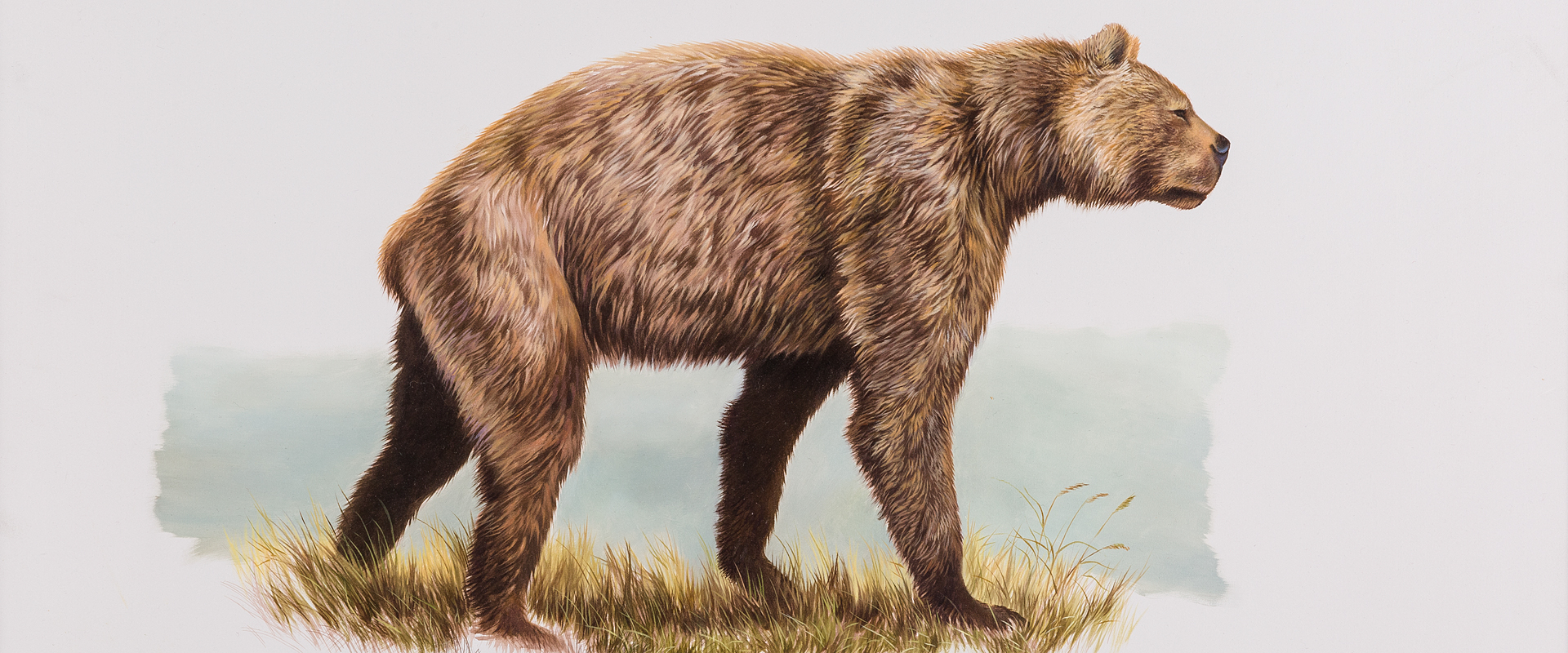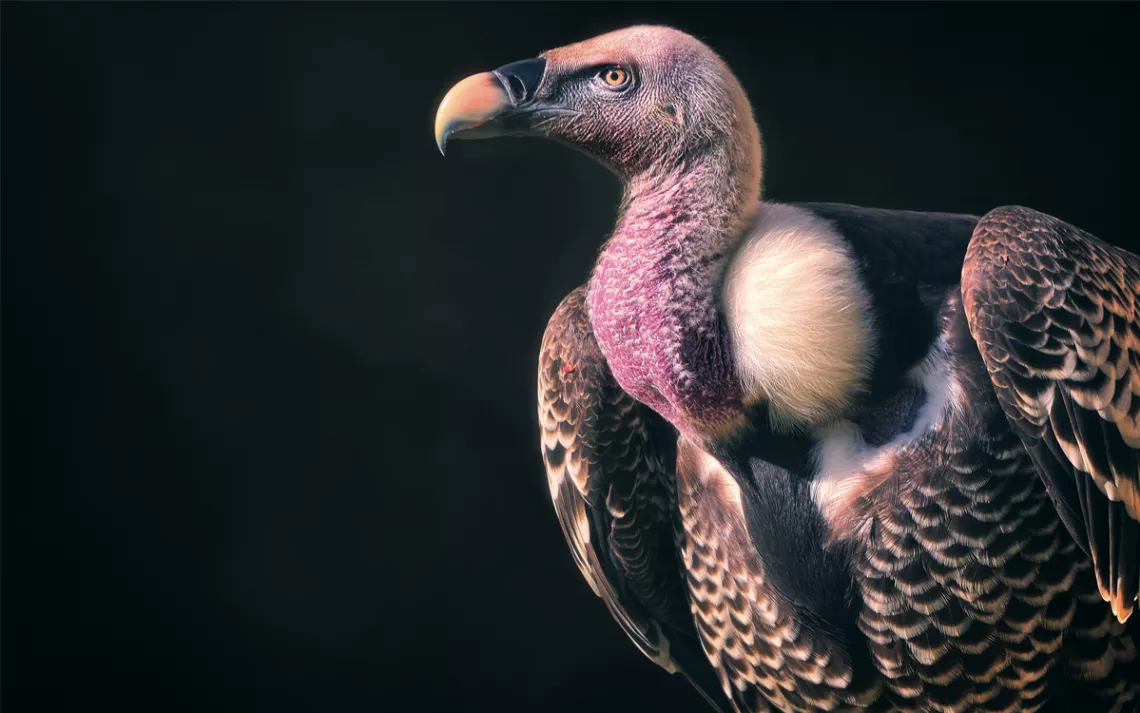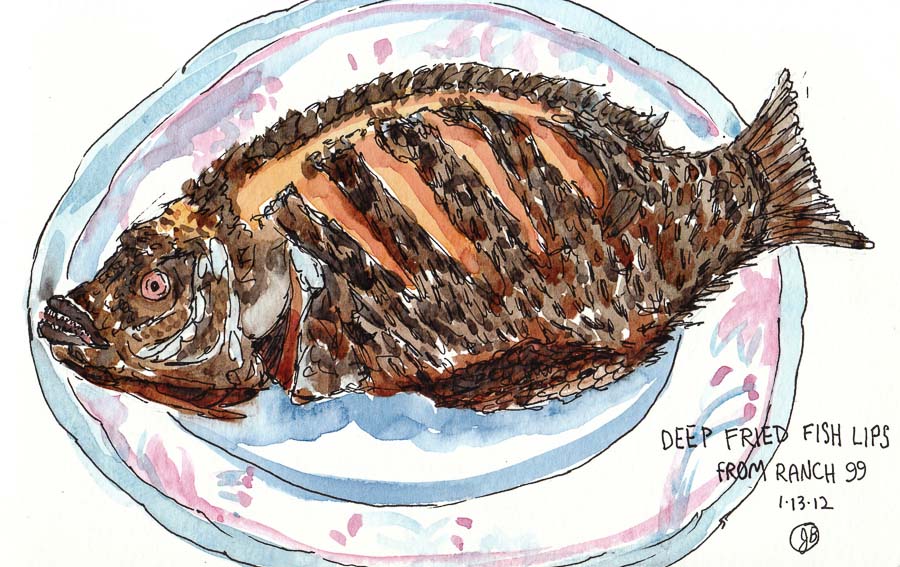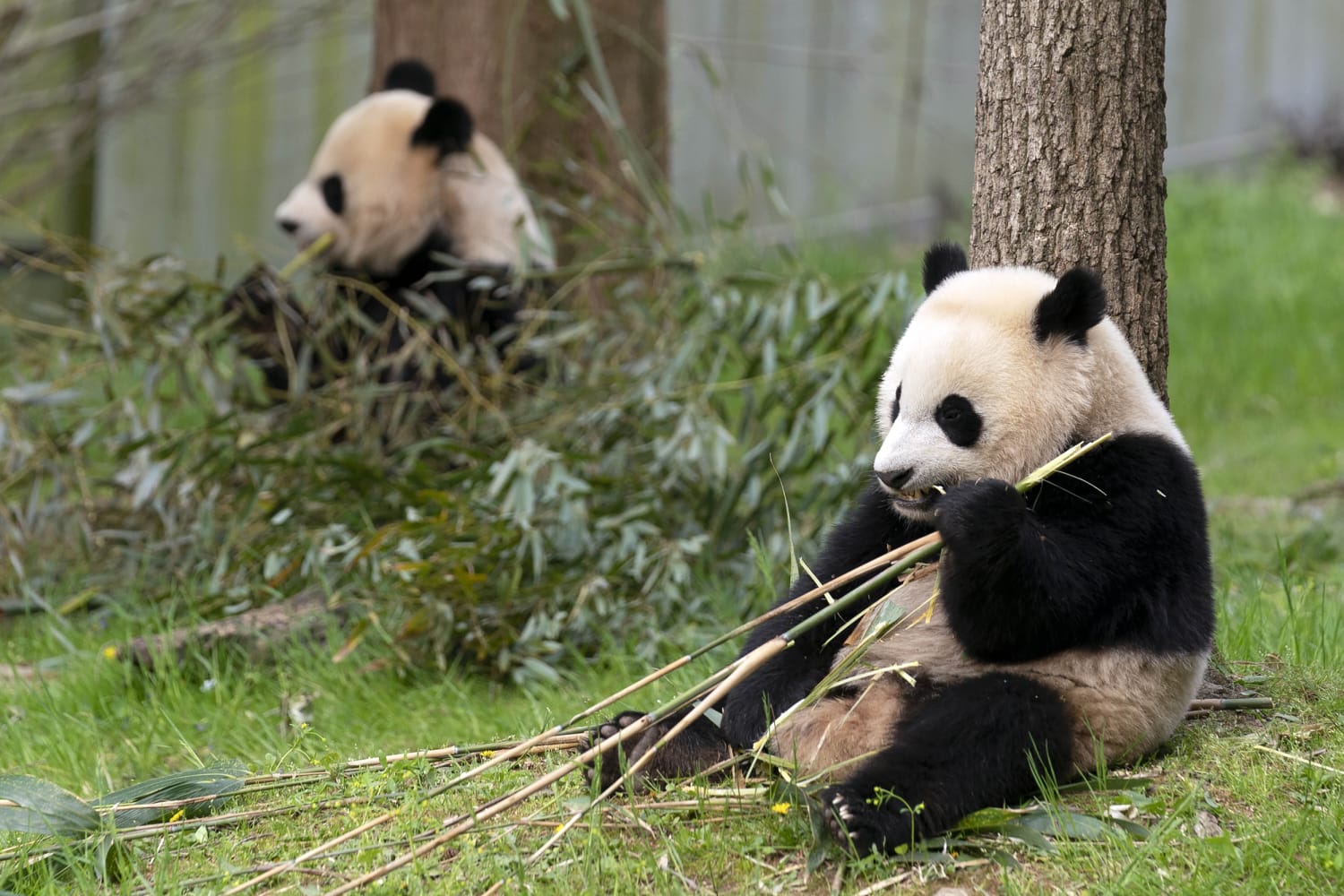Do Bears Eat Humans
Do Bears Eat Humans? Understanding Bear Behavior and Human Safety
When people venture into the wilderness, they often share the environment with local wildlife, including bears. A common question that arises is, "Do bears eat humans?" This query stems from fear, curiosity, and the need for safety. In this article, we delve into bear behavior, the reasons behind attacks, and how to coexist with these majestic creatures while minimizing risk.
Are Bears Predators of Humans?

The Truth About Bear Diets
Bears are classified as omnivores, meaning they consume both plant and animal matter. Their diets largely consist of fruits, nuts, leaves, insects, and occasionally, small mammals or carrion. Humans are not a natural food source for bears, and they generally do not view us as prey.
Incidences of Attacks and Consumption
While bears rarely attack humans, such events are usually the result of surprise encounters or a mother protecting her cubs. In the rare case that a bear does attack a human, it is even less common for the animal to eat the person. These instances occur under extraordinary circumstances and are not indicative of normal bear behavior.
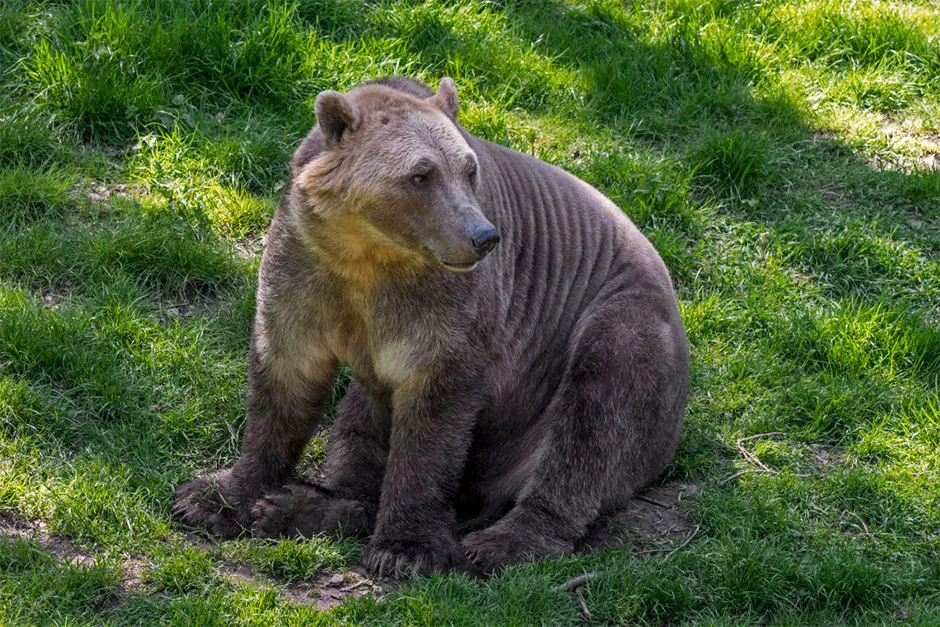
Why Might a Bear Attack a Human?
Understanding the reasons behind bear attacks can help clarify why they rarely result in the animals eating humans:
- Defensive Behavior: Bears may attack if they feel threatened or if they're surprised by a human's sudden appearance.
- Protection of Cubs: Female bears are highly protective and may attack if they perceive a threat to their offspring.
- Territorial Disputes: Bears are generally territorial and could attack if they feel their space is being invaded.
- Food Competition: If a bear is accustomed to human food and sees a human as a competitor, it might become aggressive.
Minimizing Risk in Bear-Inhabited Areas
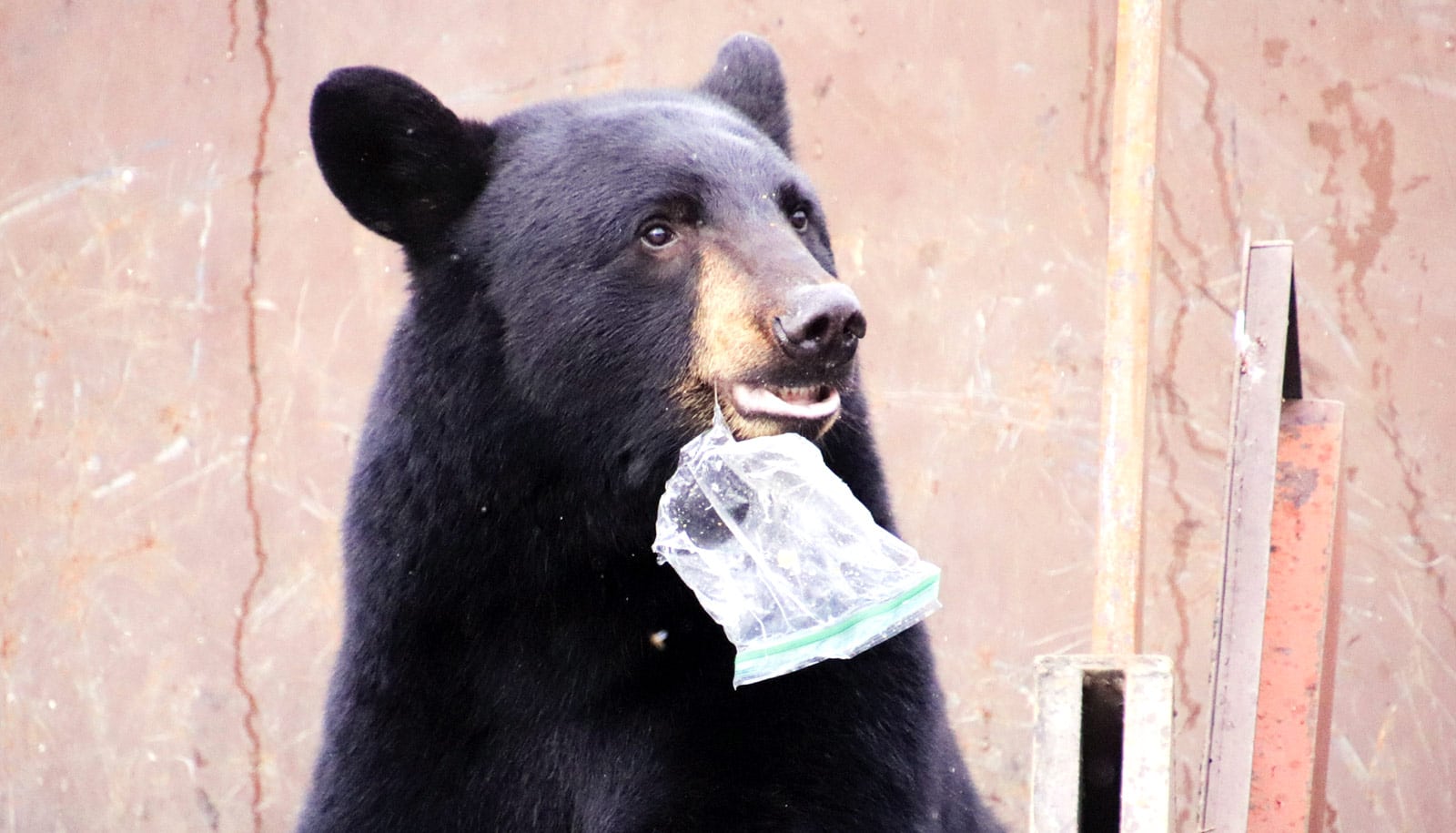
Mitigating the chance of bear encounters and potential attacks is essential for safety. Here are some tips to consider:
- Make Noise: Talk, sing, or use bear bells to announce your presence and avoid surprise encounters.
- Travel in Groups: Bears are less likely to approach larger groups.
- Secure Food: Store food in bear-proof containers and dispose of waste properly.
- Carry Bear Spray: This can be an effective deterrent in the unlikely event of an attack.
- Stay Calm: If you do encounter a bear, speak in a low, calm voice and back away slowly. Do not run or make sudden movements.
When Bears Do Consume Humans
How Do I Cancel A Tj Maxx Credit Card
It's worth noting that human consumption by bears is a highly unusual behavior. According to wildlife experts, when such an event occurs, it can signal that the bear has become habituated to humans or has learned that people can be an easy food source, often due to improper handling of food and garbage by humans.
- Yellowstone Incident: A widely reported case involved a grizzly bear in Yellowstone National Park that consumed parts of a hiker. The bear was euthanized because of the abnormal behavior.
- Rarity: Even in territories with dense bear populations, cases of bears eating humans are exceptionally rare.
Conclusion: Bears and Human Safety
In summation, while bears do eat meat as part of their omnivorous diet, they typically avoid humans and do not seek them out as a food source. Understanding bear behavior, respecting their space, and following safety guidelines drastically reduce the chances of negative encounters. Enjoying the beauty of nature and wildlife can be a safe experience when people are well-informed and take the necessary precautions.
Remember, coexisting with bears is largely about respect and understanding — for both our safety and their conservation.
